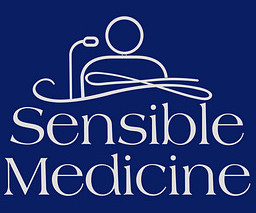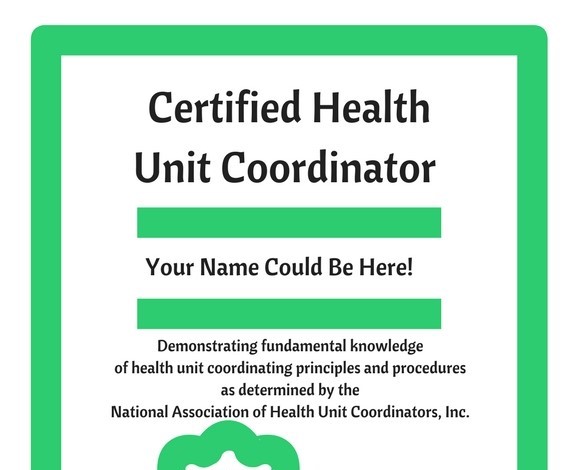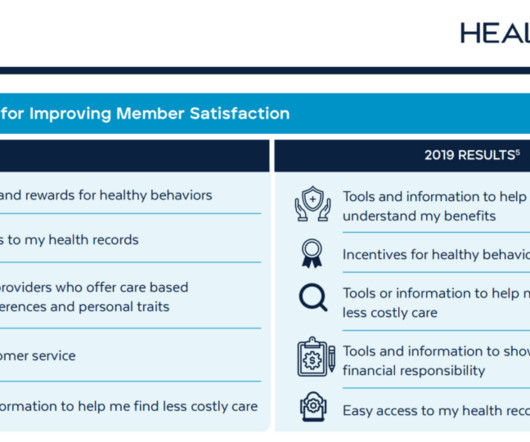How Donating Blood May Actually Improve Your Health
Scrubs
AUGUST 21, 2023
The U.S. is still in the middle of a major blood donation shortage. The number of blood donations has declined 10% since the start of the pandemic, according to the Red Cross. Clinics have had to scale back the amount of blood product they send to hospitals in need, which can put patients at risk. Donating blood is largely seen as a charitable act, but new research shows that regular blood donations actually benefit the donor as well.
















Let's personalize your content